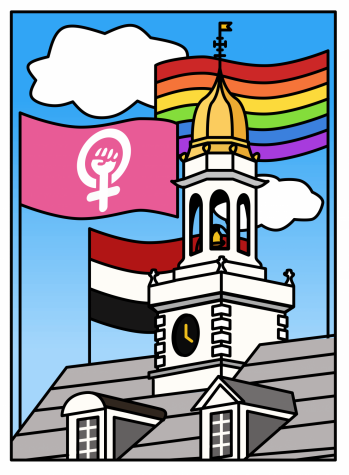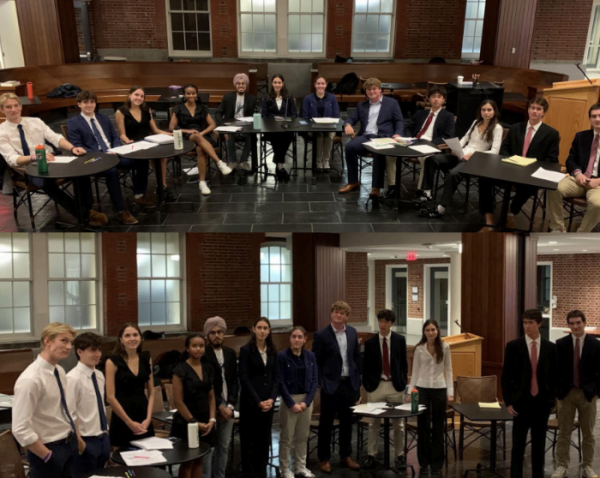Different From Doon: An Op-Ed by Advait
“I am not the same, having seen the moon shine on the other side of our world.” – Mary Anne Radmacher
The quote above truly encompasses my experience at Groton so far.
From the infamous summer heat of Mumbai to the cool breeze beside the pristine Nashua, coming to Groton has exposed me to a completely alien way of life and has given me the opportunity to actually experience it.
My first hurdle in this new place was surprisingly that of managing my own laundry. At Doon, we would have it all done by bearers whilst here it was for us to man-age. I initially thought of it as a daunting task but figured out that it was not too tough.
The number of free classes came as a pleasant surprise for one who is not used to having large breaks while studying at school. Moreover, Doon is an all-boys school while Groton is coeducational.
The choices for courses are extremely diverse at Groton compared to Doon due to the absence of a strict board. And the beauty of sports at Groton is that the maximum number of students get a chance to play an interschool match, which is quite different from the system at India where such opportunities are restricted to a small minority.
The difference between the two school cultures truly starts from the very beginning of the day. While at Groton one wakes up early for chapel talks, at Doon we wake up for a mandatory physical training session of twenty minutes.
At Doon while there were fixed times for bathing and eating, there is a lot more flexibility here at Groton. I initially could not handle such an excess of freedom but I’ve managed to acclimate.
Another interesting aspect in the difference of the two schools is that Doon has an extremely strong inter-house competition tradition which is almost nonexistent here, with the occasional exception of a fun competition between dorms. Groton however makes up for this by having a strong school spirit when it comes to sports.
However different these two cultures may be, their ultimate goal is the same–to produce leaders who will better their country and the world. This basic similarity in their objectives dissolves their differences. Only such a spirit in the foundation of these schools could break down the mightiest cultural and traditional barriers.








